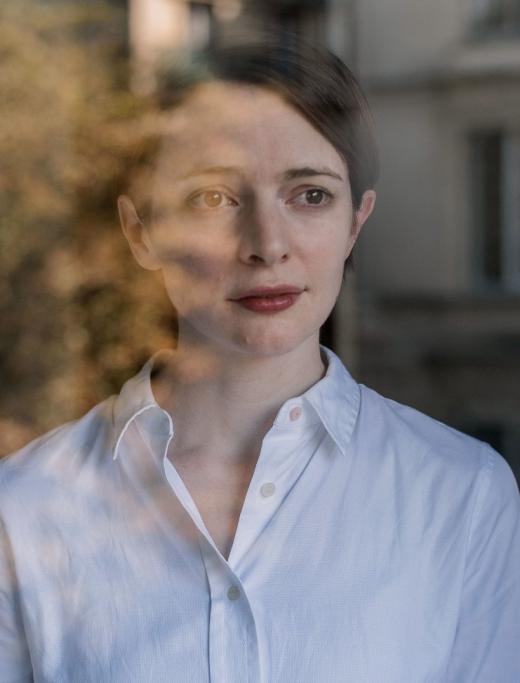
So in “Sea of Tranquility,” she is a character who says, after a long discussion about why we love post-apocalyptic fiction so much, “My personal belief is that we turn to post-apocalyptic fiction, not because we’re drawn to disaster per se, but because we’re drawn to what we imagine might come next. Because her new novel, “Sea of Tranquility,” is very much a meditation on both the themes of “Station Eleven,” but also what it was like to have written that book and then to have lived through what we all lived through - but what she lived through, too - to somehow be seen as someone who predicted what you didn’t quite predict, and should have insight on what you also are now simply trapped in.

“Station Eleven” became an HBO Max limited series, one of the year’s best shows by wide agreement.Īnd clearly, like the rest of us, Mandel is still thinking about that book. She became known as the pandemic writer, as a kind of pandemic profit. And so her book, which was already this beloved international bestseller, it found a second life. It helps you feel how much could be taken away.īut six years after Mandel published “Station Eleven,” a real pandemic hit - not, thank god, as lethal as the one she imagined, but a pretty profound disruption of human life, globally, nevertheless. It helps you grieve a life you still have.

And it has this particular emotional power as a book. It imagines the world after a pandemic has wiped out almost everyone - about 99 percent of the human race. And that is “Station Eleven,” by Emily St. So if you have anything, anything at all you’d like to ask me, send it to - again, - with “AMA” in the headline.īut for today, I want to go back to a novel that has meant a lot to me, that I read before the pandemic, that I reread after the pandemic, and that I’m not alone in coming back to and coming back to. This is “The Ezra Klein Show.”īefore we begin today, we’re getting ready to record the next Ask Me Anything episode.

John Mandel on Time Travel, Parenting and the Apocalypse The novelist explains why we secretly long for different worlds, and how post-apocalyptic fiction quells our grief.


 0 kommentar(er)
0 kommentar(er)
